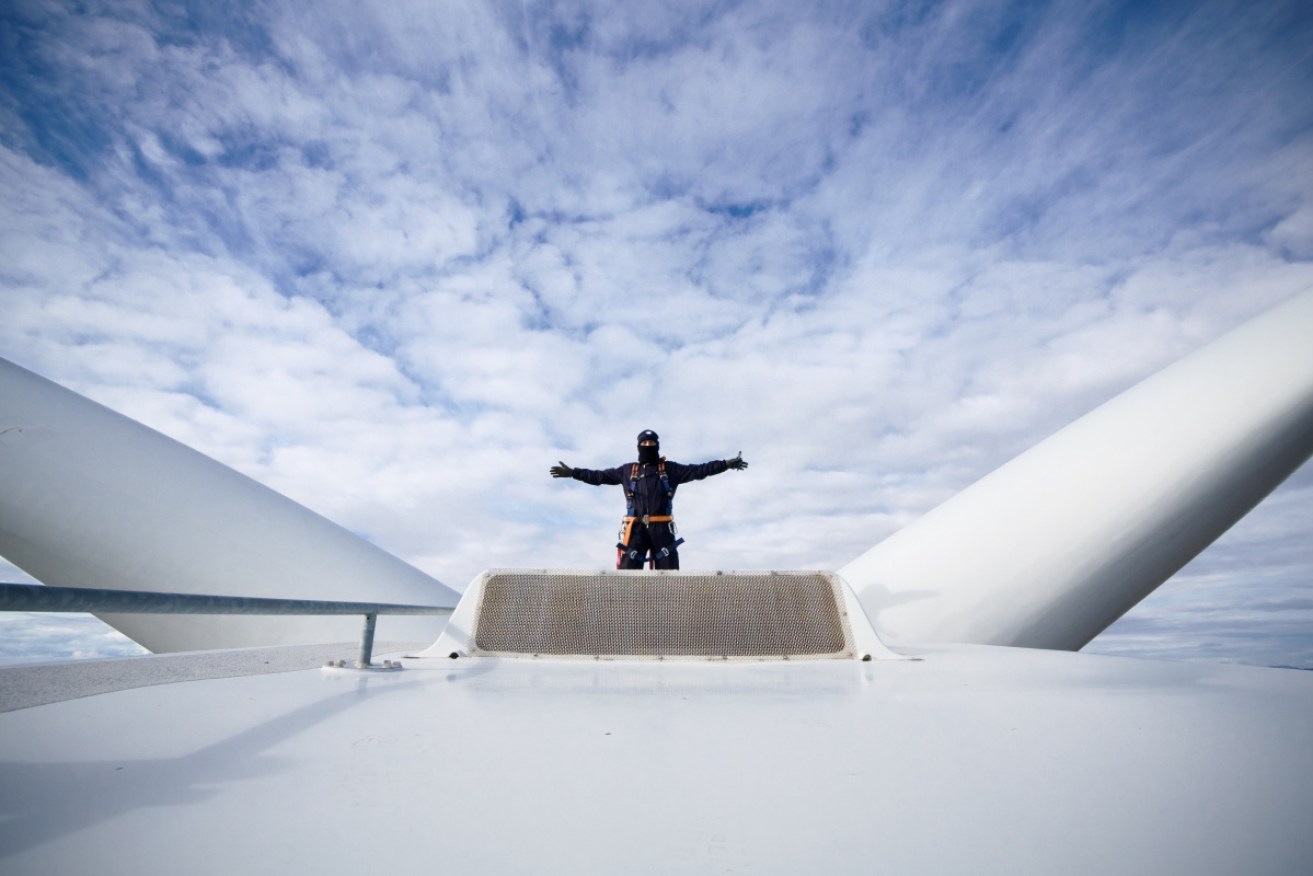Energy crisis deepens as Turnbull dithers on climate change


Where is the Prime Minister's leadership on energy? Photo: Getty
Australia’s energy crisis ranks as potentially the nation’s most catastrophic public policy failure. Naked politics has for the past decade determined Australia’s tepid response to climate change and energy security.
The shameful – and shameless – politicisation of climate change has resulted in a ramshackle energy system unable to cope with current, let alone future, energy needs.
Not only have consumers been placed in the unthinkable position of not having assured power supply, they are also paying among the highest prices in the world for a service that borders on third-world reliability.
Australia’s flawed energy system is a clear demonstration of what happens when politicians place themselves above the interests of the Commonwealth.
While it is easy to mock former prime minister Kevin Rudd for his ultimately empty declaration that climate change was “the great moral challenge of our generation”, and likewise his successor Julia Gillard’s inglorious experiment with a carbon tax, the Coalition has proven both wanton and craven on climate change and energy security.
When Malcolm Turnbull deposed climate change sceptic Tony Abbott as prime minister in 2015 – Mr Turnbull having been deposed as opposition leader in 2009 for his support of Labor’s emissions trading scheme – he promised “a style of leadership that respects the people’s intelligence” and “an end to policy on the run”.
Mr Turnbull’s failure on both counts applies most disastrously to energy policy.
In the absence of a clear policy framework the Turnbull government’s response to energy system failure has been at once opportunistic and unconvincing.
The come-from-nowhere Snowy Hydro 2.0 project may yet prove a new version of politicians’ perennial Very Fast Train announcements.
The Prime Minister’s photo-op meetings with retail energy bosses twice summoned to his table owed everything to optics and little to providing consumers with financial relief. (If energy price-gouging is an issue, and it obviously is, what’s needed is state consumer legislation not a chat over muffins.)
Most breathtaking of all is Mr Turnbull strong-arming energy company AGL to either keep its Liddell coal-fired power station open for another five years beyond its closure date of 2022 or sell it to another company.
This is despite a deliberate commercial decision by AGL chief executive Andrew Vesey to cease investing in coal-fired power in favour of renewable energy capacity, as well as an informed judgment by the company that the ageing power station in NSW’s Hunter region is neither reliable nor financially viable.
Imagine the indignant cries from the Coalition had a “socialist” Labor government summoned Mr Vesey to Canberra with such a demand. But the embattled Mr Turnbull was more interested in being seen to be doing something about energy security, and he was especially keen to be seen as a backer of coal.
Lest there be any doubt about his coal-loving credentials, Mr Turnbull has also backed a proposal to build a coal-fired power station in north Queensland. He has even declared that the Liberal National Party opposition’s plan to build a “low emissions” plant would qualify for federal funding.
Mr Turnbull’s embrace of coal casts doubts over the government’s preparedness to implement the recommendations of the widely praised Finkel report. The report by Chief Scientist Alan Finkel does not discount the role of coal in Australia’s future energy framework, but it also makes plain that the future must be about clean energy.
So sensitive is energy policy in the Coalition that the government is shying away from the use of the term “clean energy target”.
If the Turnbull government chooses to go soft on energy reform it will confirm Australia’s position as a clean energy recalcitrant.
It will also deter investment in renewable energy technology and infrastructure, which will place at risk energy security and affordability, as well as hold back an emerging industry with the potential to be a major employer.
Mr Turnbull once again finds himself caught between what he believes and what he considers politically expedient. His survival may well rest with the Finkel report.
In 2009, Mr Turnbull famously declared: “I will not lead a party that is not as committed to effective action on climate change as I am.” He may yet be proven right for a second time.








